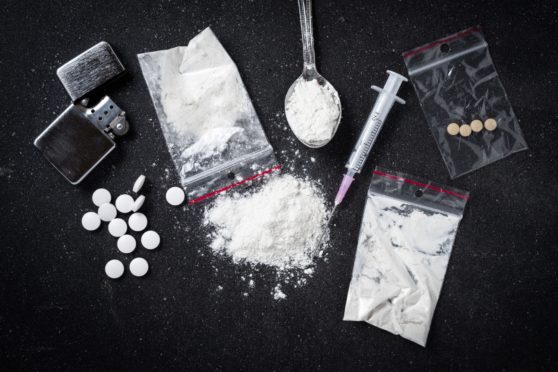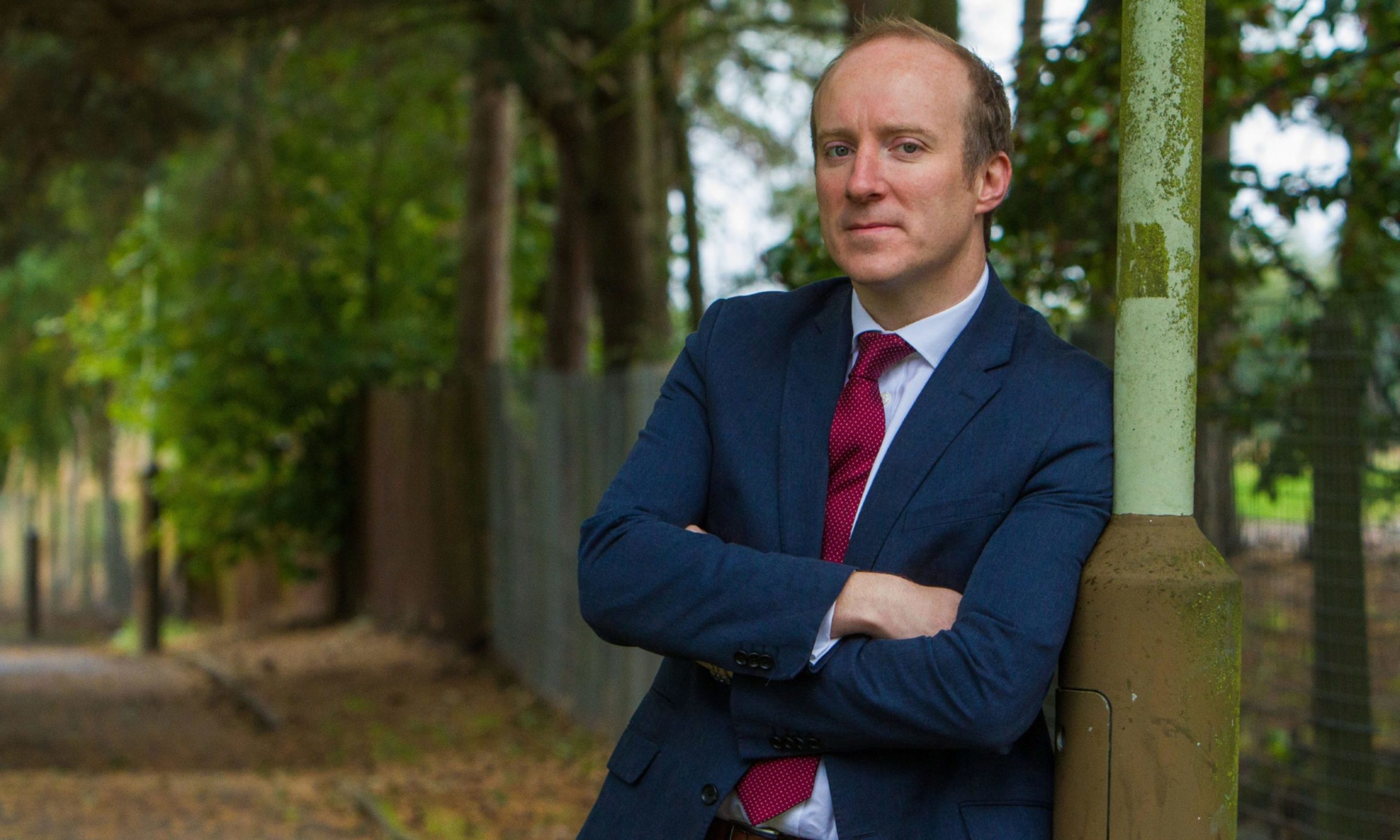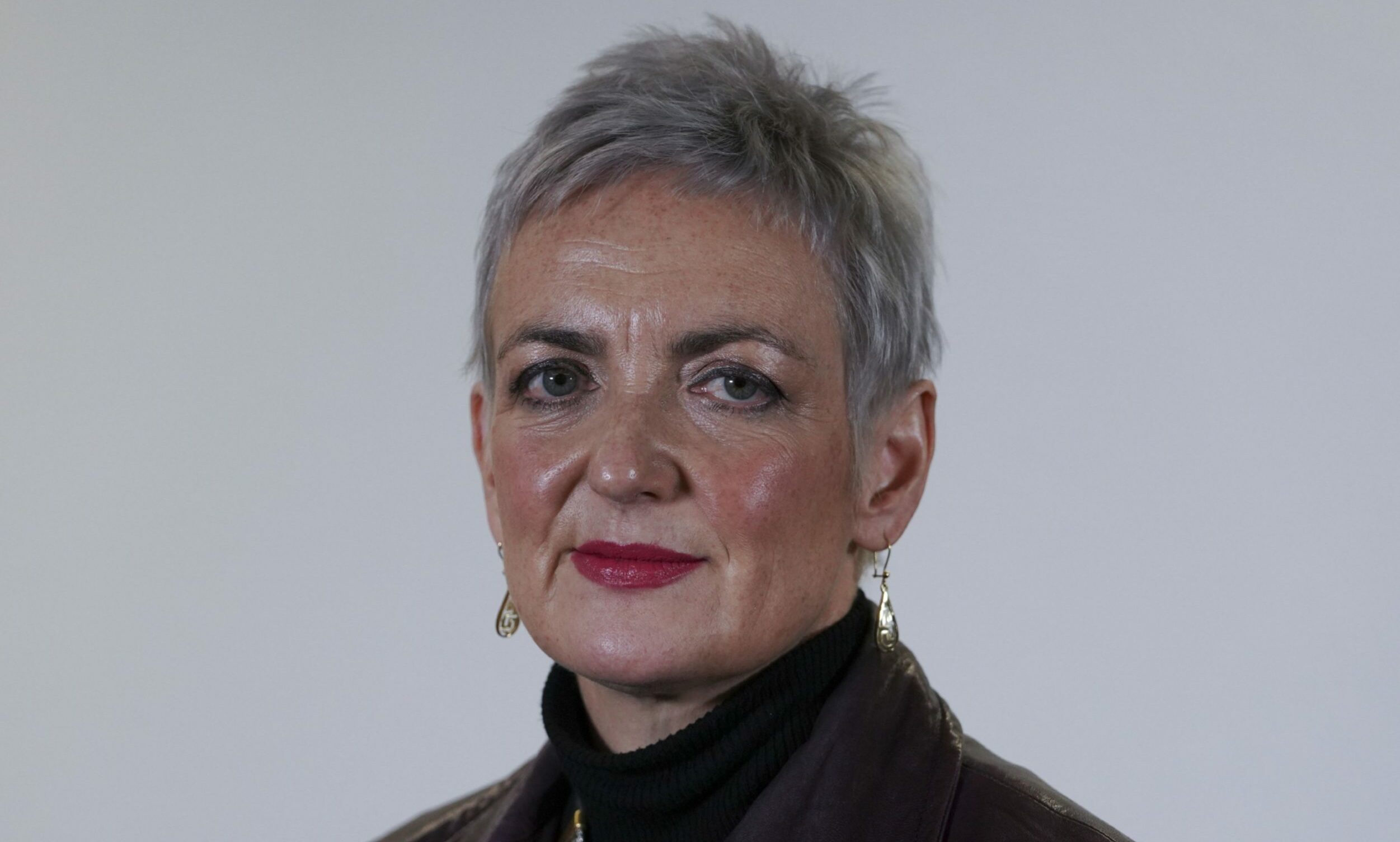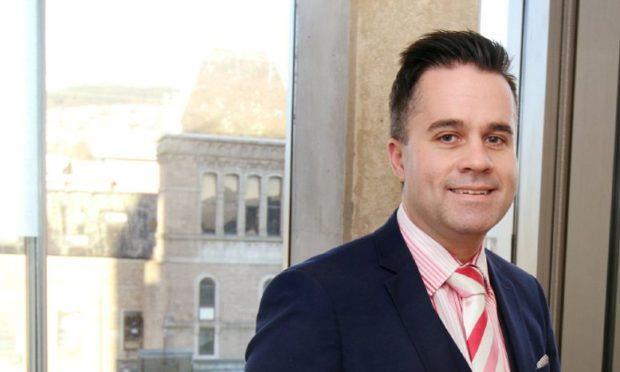A new report into Dundee’s drug deaths crisis warned the scale of the emergency has been “underestimated” with those affected claiming very little has changed.
The independent probe by the Dundee Drugs Commission said drastic improvements to key services will be essential if fatalities are to be brought down in the coming years.
Dundee has been at the epicentre of Scotland’s drug deaths crisis in recent years with more people losing their lives than in any other area of the country.
The city recorded 57 drug-related fatalities in 2020, which was down from 72 the year before and 66 in 2018.
Authors of the report said most agencies recognise what changes need to be made to tackle the crisis, but have struggled to put fresh approaches into practice.
North-east Labour MSP Michael Marra said it was “painful” to read the harrowing accounts of families who have been devastated by the emergency.
Drugs minister Angela Constance said: “This work is vital in the face of the tragic number of people who lose their lives to drug use in Dundee.”
Here are the key findings from the commission’s investigation and the reaction to it.
1. ‘Very little has changed’
The drugs commission claimed in their report that a significant number of respondents to their surveys felt that “nothing changed” in the past two years.
While they felt that this was a “harsh view” to take, they said that positive developments since 2019 were “not visible” to those affected by the crisis.
Some of those who were interviewed even claimed that the situation had gotten worse over time.
The commission authors said they were worried that some of the positive changes being made actually do “little” to tackle the “systemic” issues raised in their first report.
The report highlights that some drug users may have regressed during the pandemic due to becoming isolated and not being able to see treatment keyworkers.
The authors also said that Dundee’s “whole system” care model for drug addicts remains “not fit for purpose” and must be reformed.
Michael Marra said: “The report is clear there has been no change in services.”
2. Scale of drug crisis was ‘underestimated’
The commission found that the extent of the emergency in Dundee has not been properly understood until now.
They claimed that the crisis had been “unintentionally underestimated” and that the response had not been proportionate as a result of this.
The report reads: “We believe that the scale of the challenge to turn the situation around hasn’t been fully appreciated.”
One of the key recommendations suggests that the Dundee Partnership and other key agencies must “upscale” their attention to the crisis.
The independent probe also suggested that more external support should be drafted in for the council with expert leadership installed to tackle the emergency.
Mr Marra said: “There is an urgent need to find new, experienced leadership who can drive the profound change in services that we need.
“We are losing frontline staff again and again because they are working in a broken service. The minister must also appoint external oversight for the delivery of the recommendations.”
Dundee council chief executive Greg Colgan said: “Local agencies leading efforts to cut the number of drug deaths are facing a number of pressures and we will have to consider prioritisation across a number of service areas for people throughout Dundee.”
3. Major barriers as drug users still being stigmatised
A key recommendation in the drug commission’s first report was that substance users must be treated with kindness and respect to help them beat their addiction issues.
But the new investigation found that many drug users still face major challenges when trying to access help and support.
It read: “We have heard numerous stories of immense challenges and barriers put in front of those who require help and support, compounded by the pervasive stigma that is still attached to being a person who experiences drug problems.”
While the need for a culture change has been recognised, the authors said that there was “limited visibility” of improved attitudes.
According to the independent probe, women drug users also faced severe difficulties when it came to accessing proper support.
Angela Constance said: “We are already working closely with drugs services in Dundee to implement the Medication-Assisted Treatment (MAT) standards but we know there is still much to be done including further work to support women who use drugs.
“We have asked Dundee Partnership for a meeting so that we can discuss the development of external scrutiny and understand exactly how the Scottish Government can support and increase the pace the change.”
The report added: “However, a concerted effort must now be made to develop a culture based on kindness, compassion, and hope across all services.”
4. Constitution House must be shut immediately
The report authors warned that Dundee’s drug and alcohol recovery services should be moved to a “smaller medical base”.
They urged Dundee Partnership to shut down current base Constitution House in the “shortest possible timeframe”.
One respondent to the commission’s survey savaged Constitution House and claimed it was a “fire pit” that should be “razed and rebuilt” with a fresh leadership team.
Concerns were expressed over waiting times for those in need of help with warnings that the drug and alcohol recovery services were “failing people”.
5. Most important recommendation from first report not met
When the drugs commission wrote their first report in 2019, they pleaded with Dundee Partnership to carry out a major Health Needs Assessment for drug users.
They said this would help give public and third sector agencies more evidence to devise a correct approach to help addicts.
However, the authors of the new probe said that no such assessment has been carried out yet – despite it being their primary recommendation.
The report read: “Without it being completed, it is difficult to articulate and understand the exact scale of the needs of those who experience problems with drugs in the city.”
Greg Colgan said: “We are now considering the recommendations of this review report and partners will meet soon to look at the way forward.”
He added: “The Partnership has achieved progress in a number of areas since the commission delivered its original report, but we are not complacent about the size of the task at hand.”



